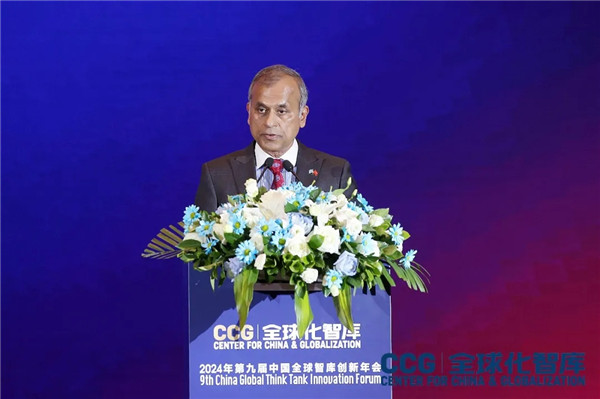[CGTN]Not all Arabs are against Trump
2017年2月7日
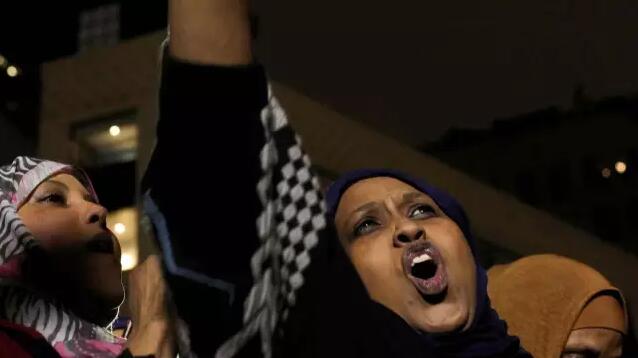
Guest commentary by Hichem Karoui
People around the world may reproach President Donald Trump for many things… but not keeping his campaign promises doesn’t seem to be one of them. Since his first days in office, he has been putting his words into action, outraging many of his critics.
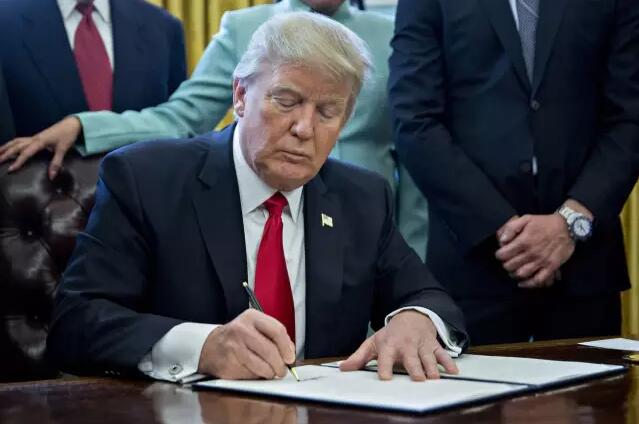
President Trump has signed a number of executive orders in his first few days in office. /Photo CFP
He surprised many by keeping his campaign promise to sign an executive order to build a US-Mexican border wall – undeterred by protests. And he has continued by banning citizens from seven Muslim countries – Sudan, Libya, Syria, Iraq, Yemen, Somalia and Iran – from entering the US for at least three months, at move seen by many observers as at least partially following through on his campaign promise to ban Muslims from entering the country. Holders of US Green Cards were initially included although this appears to have changed as of the time of writing.
In the countries affected, and throughout the Middle East, the main reaction has been sadness and calls to respond in the same way. Arab press headlines have used angry and emotive words and phrases such as: “Racism”… “Trump victims”… “Broken dreams”… “Unfair” … “Get your compatriots out of our country first.” And those are just a few of the examples I could have quoted.
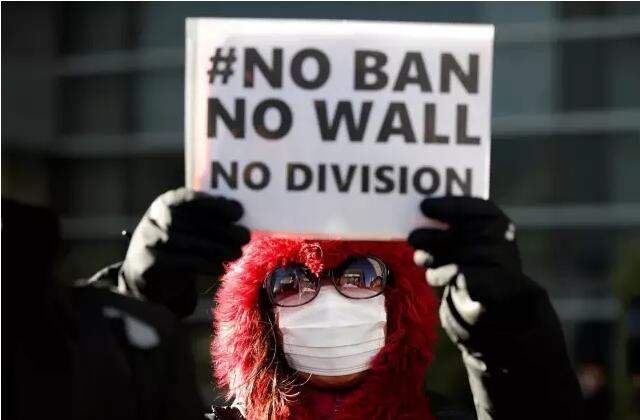
People across the world have protested against President Trump’s policies including his recent immigration policy. /Photo CFP
In Riyadh, a diplomatic source – who wished not to be identified – talked to me about the ongoing immigration ban controversy.
I asked why did Trump exclude Saudi Arabia from the ban when he specifically cited 9/11 as a reason for the order and the majority of those attackers came from Saudi Arabia?
“Washington knows the importance of Saudi Arabia,” my source said. “But the American ban is a domestic decision. It concerns the issue of how to protect US territory. If it included Iran, this is because the Americans want to show a balanced policy. To fight Sunni extremism without fighting Shiite would be unfair.” Other countries on the banned list are dominated by Sunni Muslims.
The diplomatic source went on to explain, “The decision has been hasty and not founded on a strategic assessment. But it has all the same admitted the Saudi view about Iranian negative politics in the region.”
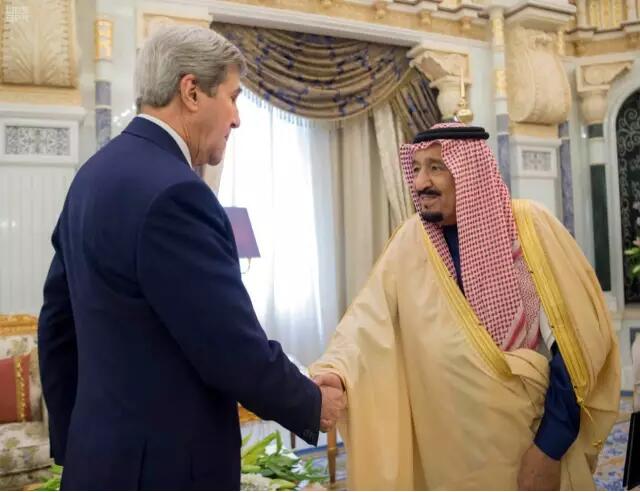
The US has maintained a close relationship with Saudi Arabia before Donald Trump took office. /Photo CFP
I also asked the source about Republican initiative the Justice Against Sponsors of Terrorism Act (JASTA) – the legislation allowing the victims of 9/11 to sue the Saudi government, on allegations that they support terrorism.
“They may review it, he said; and if not, we are not afraid of JASTA, but only of irresponsible policies in the Middle East.” The last comment was clearly a non-too subtle reference to previous Obama administration policies in the region.
But it would be incorrect to pretend that the Arab-Islamic world holds the same stance against Trump’s policy.
The tone is very different in Egypt, a country not on Trump’s list. The government is still entrenched in a bitter fight against Islamists. Some Egyptian pundits are more critical toward Western liberals than toward the US president.
In Tunisia too the same trend is working against the “liberal hypocrites” who many believe allowed Islamists to ride the wave of the Arab Spring. In Algeria, much of the population has been against the forces unleashed by the Arab Spring from the very beginning. In Libya, large sections of the population regret the fall of the Gaddafi regime, and in Iraq many regret the departure of Saddam Hussein given the situation their countries are currently in. For an important part of the Arab intelligentsia, the Western liberals are responsible for the spread of Islamism. They are same liberals who criticize and question Trump’s policies today.
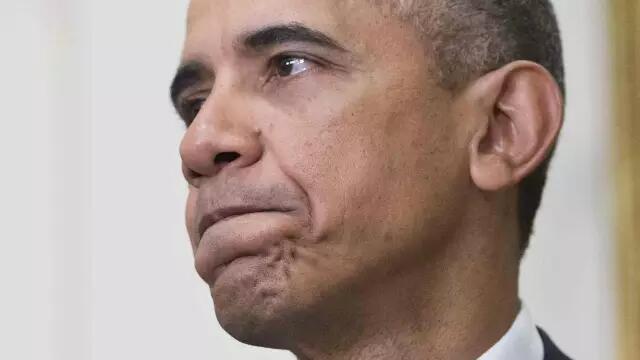
President Obama’s policies have come under criticism by many in the Arab world. /Photo CFP
One Tunisian journalist I spoke to told me that he felt “Islamist extremists ‘gangrened’ Syria and Libya and Tunisia since 2011” meaning Islamists had made the entire situation worse. Islamists “should hate Trump, not ordinary Muslims,” he added.
Some Muslim secularists who view Islamists as a problem can even view Trump’s stance as supporting their own cause. Their zero tolerance of Islamist militancy seems to chime with the views of the new tenant of the White House.
But the feeling that the ban is against ordinary Muslims is still there. It is thought to be an over-reaction. I will give the last word to a Sudanese expatriate affected by the current ban: “Islamists are not Trump’s victims here, but ordinary Muslims.”
Hichem Karoui is a Non-Resident Senior Fellow of the Center for China and Globalization, the largest independent think tank in China, with over 100 researchers and members of staff.
From CGTN, 2017-1-31


